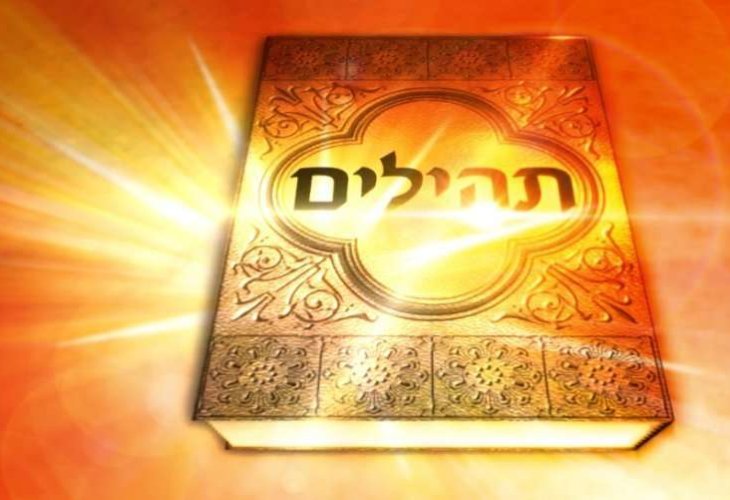Facts in Judaism
Jewish Records: The Largest and Most Expensive Book of Psalms in the World
Tradition meets luxury - discover a masterpiece that redefined religious manuscripts, commissioned by millionaire Joshua Eliezer Shuettenstein

The giant Book of Psalms was written on parchment, each page adorned with stunning illustrations and real gold leaf.
The pages of the book were written in dual format: a page in Hebrew alongside an identical page in English.
The entire book is divided into five volumes, corresponding to the five books of Psalms. The volumes themselves are very large: each volume is half a meter tall and weighs almost 9 kg.
If you are curious how long it takes to write such a book, writing and illustrating this holy book took 4 years, and today its value is estimated at more than $300,000.

